Yeshua ben Yosef Al-Nazareth: A Multifaceted Historical Figure
The name Yeshua ben Yosef Al-Nazareth evokes a myriad of responses, from fervent devotion to vehement rejection. This individual, known in the English-speaking world as Jesus of Nazareth, remains one of history's most influential and debated figures. Understanding Yeshua requires moving beyond the theological interpretations and examining the historical context, the limited primary sources, and the diverse perspectives that have shaped his legacy.
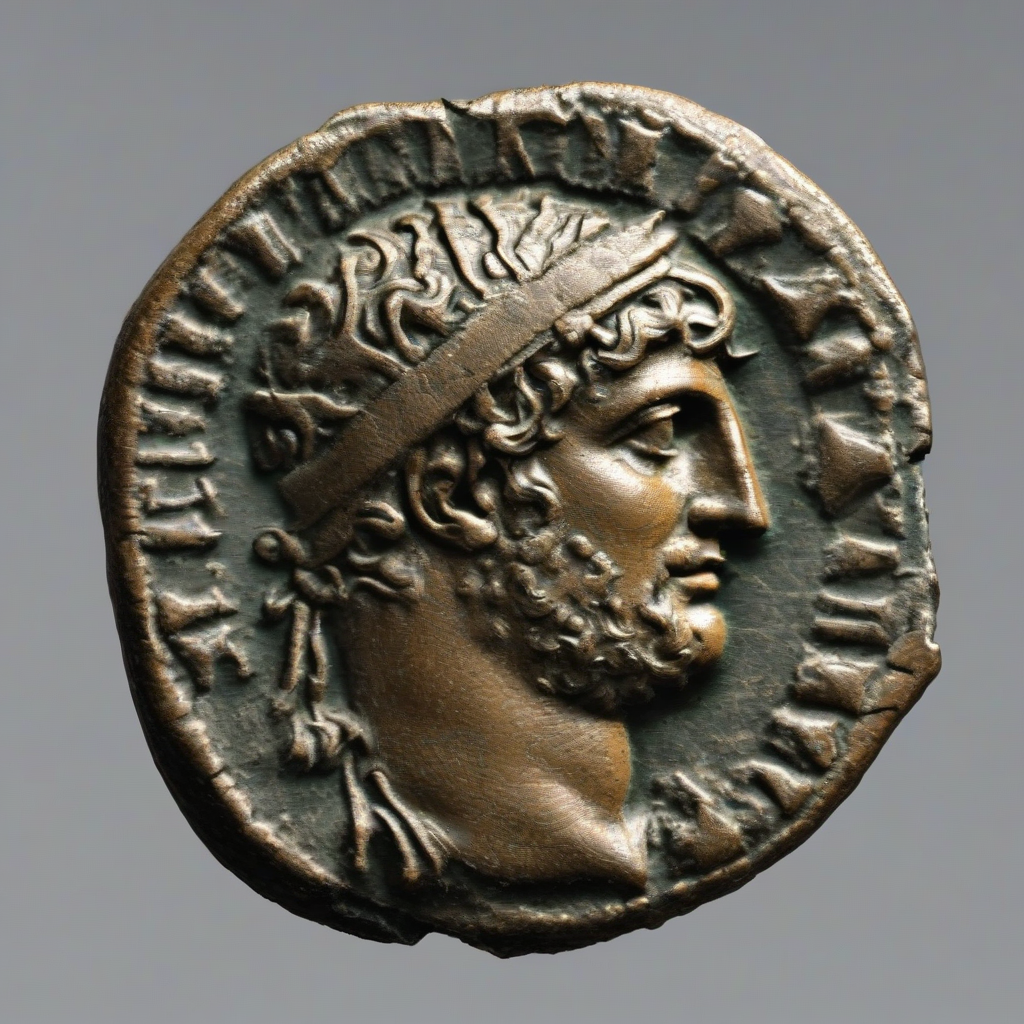
The Historical Context: Judea Under Roman Rule
First-century Judea was a volatile province under Roman occupation. Tensions ran high between the Roman authorities, who demanded loyalty and taxes, and various Jewish factions. These factions ranged from the collaborating Herodian dynasty to the fiercely independent Zealots, who advocated armed rebellion. The Essenes, a monastic sect, withdrew from mainstream society, seeking spiritual purity. The Pharisees emphasized adherence to Jewish law and oral tradition, while the Sadducees, holding more power, focused on the literal interpretation of the Torah and rejected concepts like resurrection and angels. This complex socio-political environment significantly shaped the life and ministry of Yeshua.
The Roman occupation impacted daily life profoundly. Taxes were heavy, resentment simmered, and the presence of Roman soldiers was a constant reminder of subjugation. This backdrop of oppression and yearning for liberation provided fertile ground for messianic expectations, beliefs that a divinely appointed leader would arrive to free the Jewish people. It is within this atmosphere of expectation and unrest that Yeshua emerged.
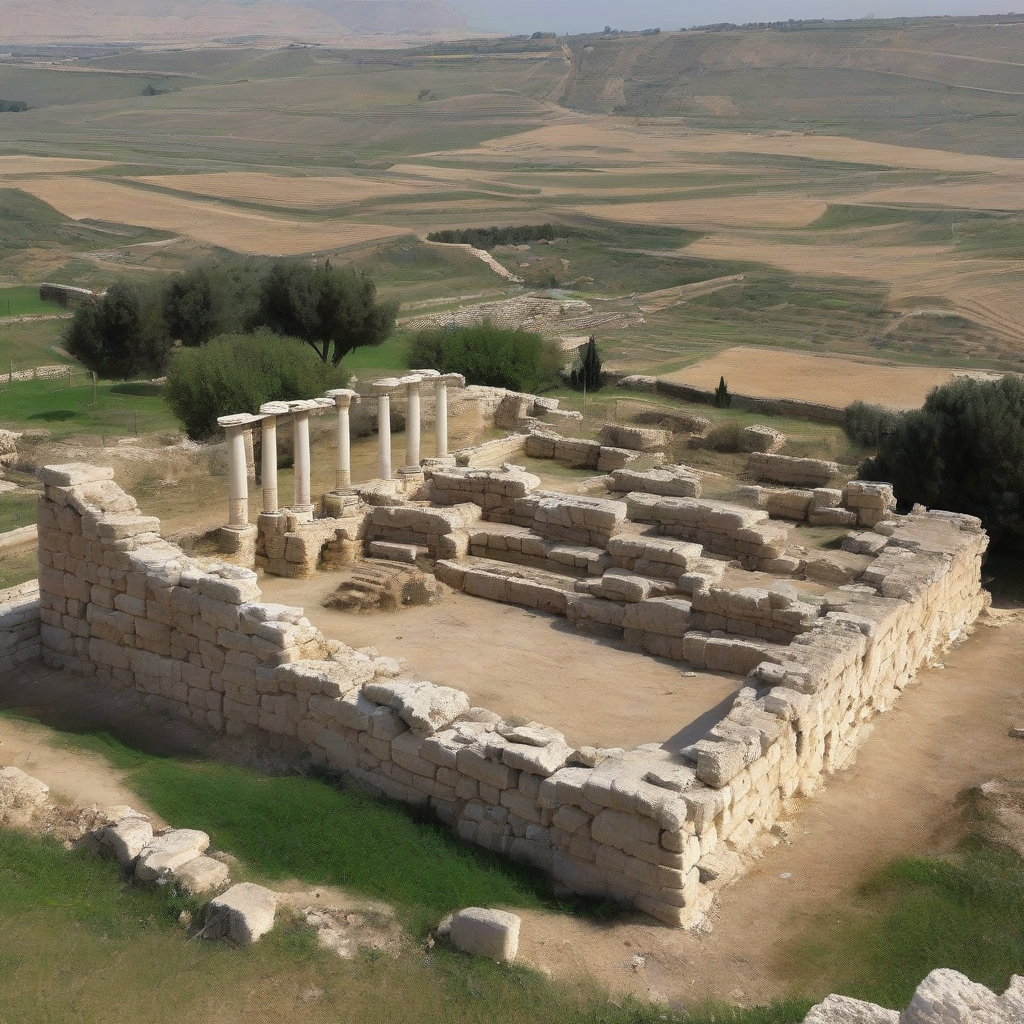
Limited Primary Sources and Their Interpretations
Direct historical sources about Yeshua are scarce and mostly found within the New Testament gospels (Matthew, Mark, Luke, and John). These texts, while providing valuable insights into his teachings and actions, are not unbiased historical accounts. They are narratives written by early Christians, likely decades after Yeshua's death, with the aim of conveying theological messages and establishing the foundations of the Christian faith. Scholars debate the historical accuracy and theological interpretations embedded in these texts.
Other sources like the writings of the Jewish historian Josephus, while debated among scholars for the possibility of later Christian interpolations, offer glimpses into the socio-political landscape of the time and potentially allude to Yeshua or his followers. However, these references are brief and require careful scholarly analysis. The lack of extensive contemporary non-Christian documentation makes reconstructing a fully objective historical account extremely challenging. This scarcity underscores the ongoing debates surrounding the historicity of specific events and teachings attributed to Yeshua.
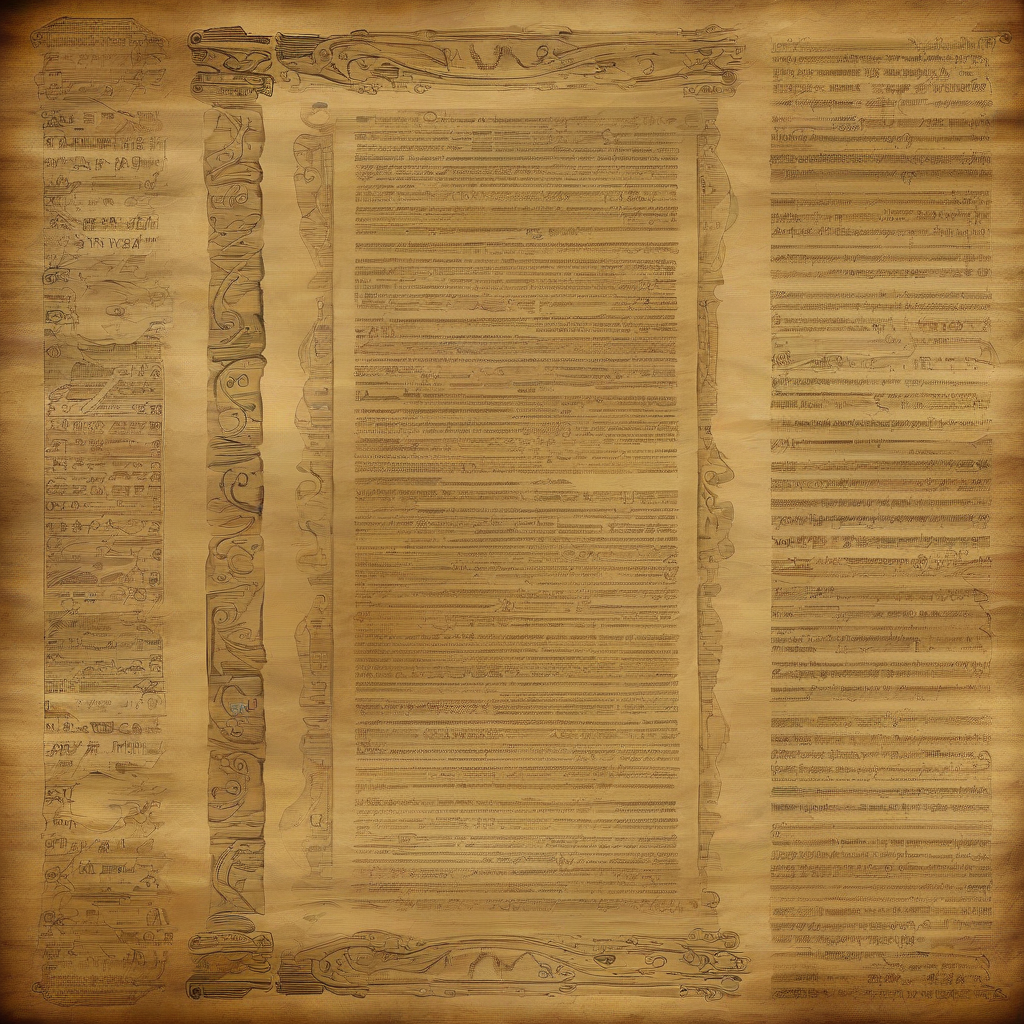
Yeshua's Teachings and Actions: A Multifaceted Portrait
Based on the Gospels, Yeshua's teachings focused on themes of love, compassion, forgiveness, and the Kingdom of God. He emphasized ethical conduct, social justice, and the importance of faith in God. His parables, often using everyday imagery and situations, conveyed profound spiritual truths accessible to diverse audiences. The Gospels depict him as a charismatic teacher who attracted large crowds and healed the sick, casting out demons, and performing other miracles. However, the interpretation of these miracles varies depending on theological perspectives.
His ministry challenged the religious authorities of his time, who viewed his teachings as subversive. The Gospels recount conflicts with the Pharisees and Sadducees over issues of ritual purity, Sabbath observance, and interpretations of Jewish law. Yeshua's teachings often prioritized compassion and individual relationship with God over strict adherence to ritualistic practices. This challenged the established religious order and contributed to his eventual crucifixion.
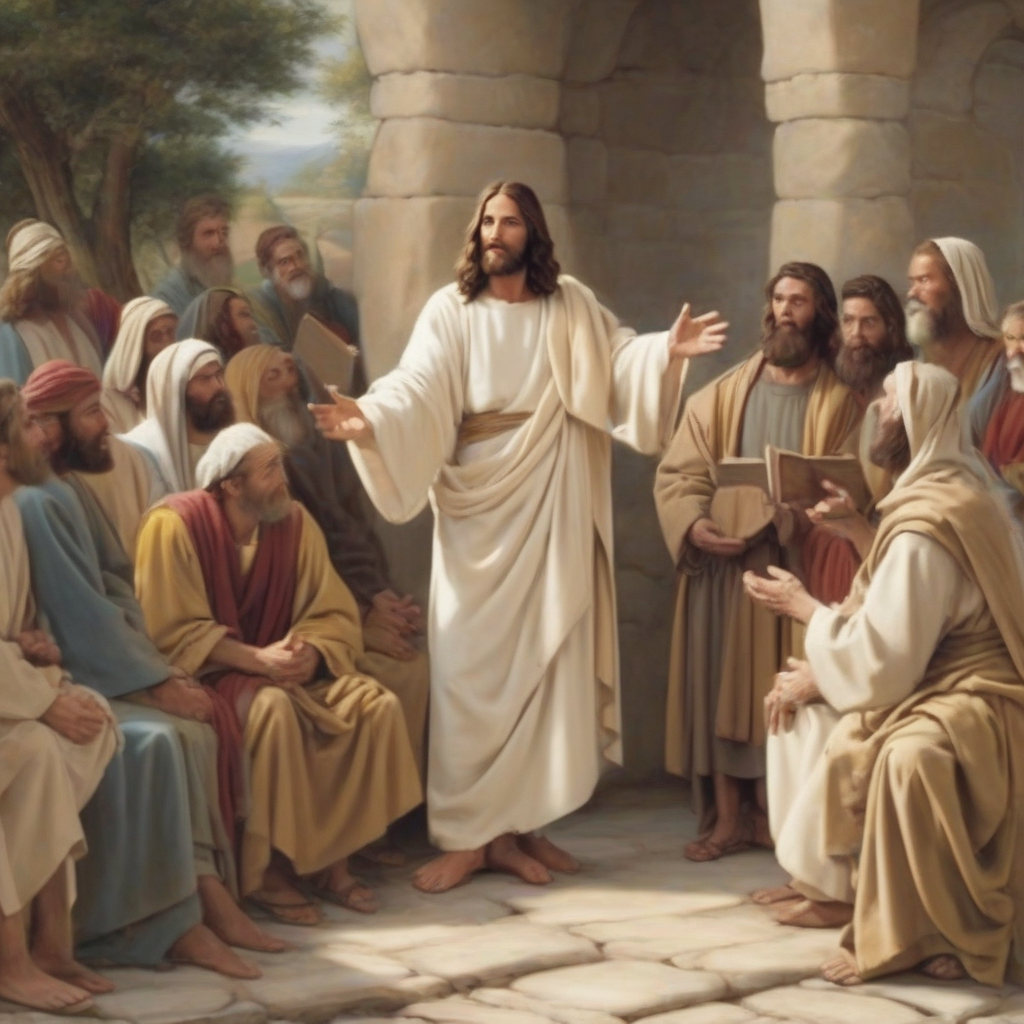
The Crucifixion and Resurrection: Central Narratives and Their Impact
The crucifixion of Yeshua under Pontius Pilate, the Roman governor of Judea, is a pivotal event in the Christian narrative. The Gospels portray his crucifixion as an unjust execution, a sacrifice for the sins of humanity. The resurrection, a central tenet of Christian belief, is recounted as Yeshua's triumph over death and a demonstration of his divinity. However, the historicity of the resurrection remains a subject of intense debate among historians and theologians. The accounts in the Gospels offer different narratives of the resurrection events and their interpretations vary widely.
The crucifixion and the subsequent belief in the resurrection had a profound impact on the development of Christianity. These events became the foundational narratives shaping the faith's theological doctrines, liturgical practices, and ethical framework. The story of Yeshua's suffering and resurrection served to unite early Christians and provided a powerful symbol of hope and redemption for believers. The belief in resurrection transformed grief into joyous celebration and fueled the rapid spread of Christianity.
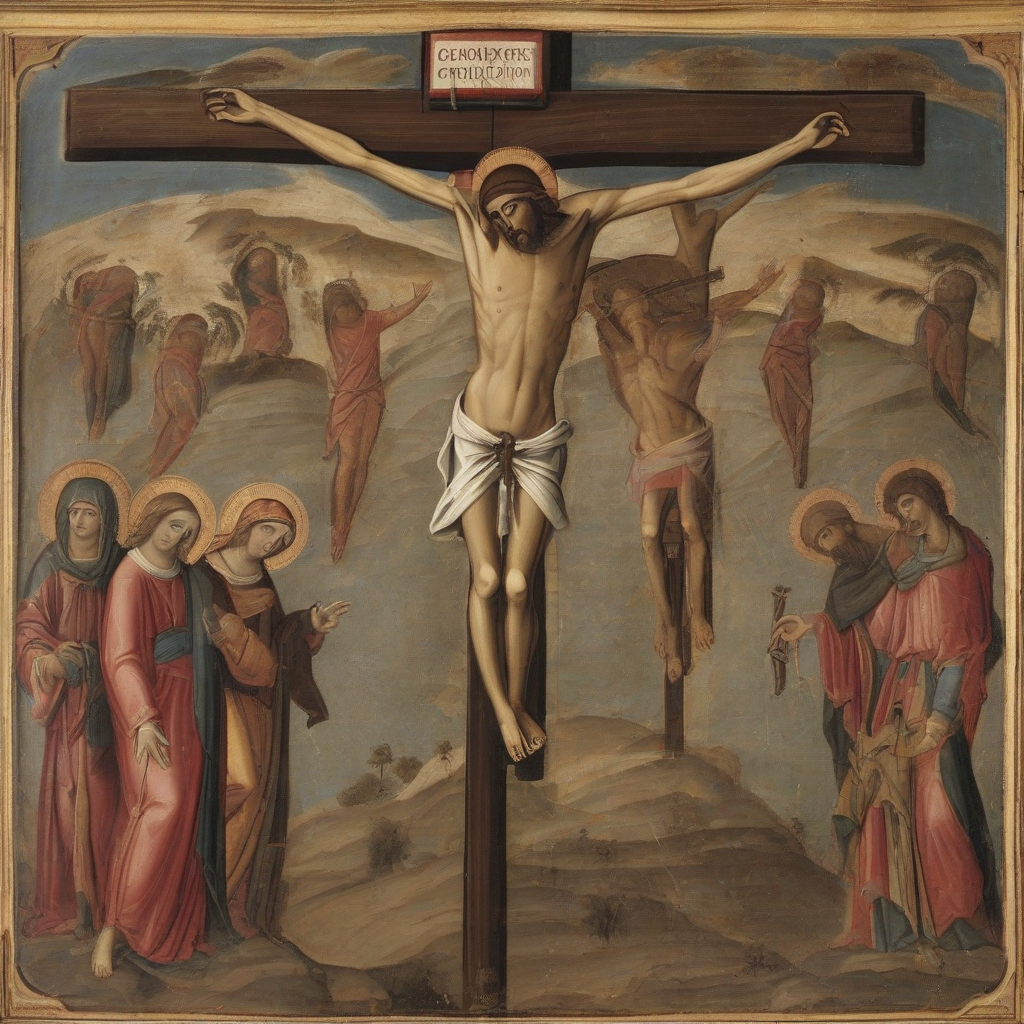
Yeshua's Legacy: A Continuing Conversation
Yeshua ben Yosef Al-Nazareth's legacy continues to shape the world today. Christianity, inspired by his teachings, has become one of the world's largest religions, influencing countless aspects of culture, society, and politics. However, Yeshua's legacy is also contested and reinterpreted. Different groups and individuals interpret his teachings and actions through their unique lenses, resulting in a wide spectrum of theological and philosophical interpretations. Scholars continue to delve into the historical record, analyzing the Gospels and other ancient texts in their attempts to create a fuller understanding of Yeshua’s life and impact.
His influence extends far beyond religious boundaries. His teachings on love, compassion, and forgiveness resonate deeply with people across religious and non-religious traditions. His message of peace and justice inspires activists, social reformers, and human rights advocates globally. His impact has shaped our moral compass and continues to spark conversations about ethics, morality, and the search for meaning and purpose in life. The enduring relevance of Yeshua's life and teachings testifies to their enduring power and complexity. The conversation about Yeshua, his life, and his impact continues to evolve, reflecting the ever-changing landscape of human understanding and belief. The multifaceted nature of this historical figure ensures that his legacy will continue to be explored, debated, and reinterpreted for generations to come.